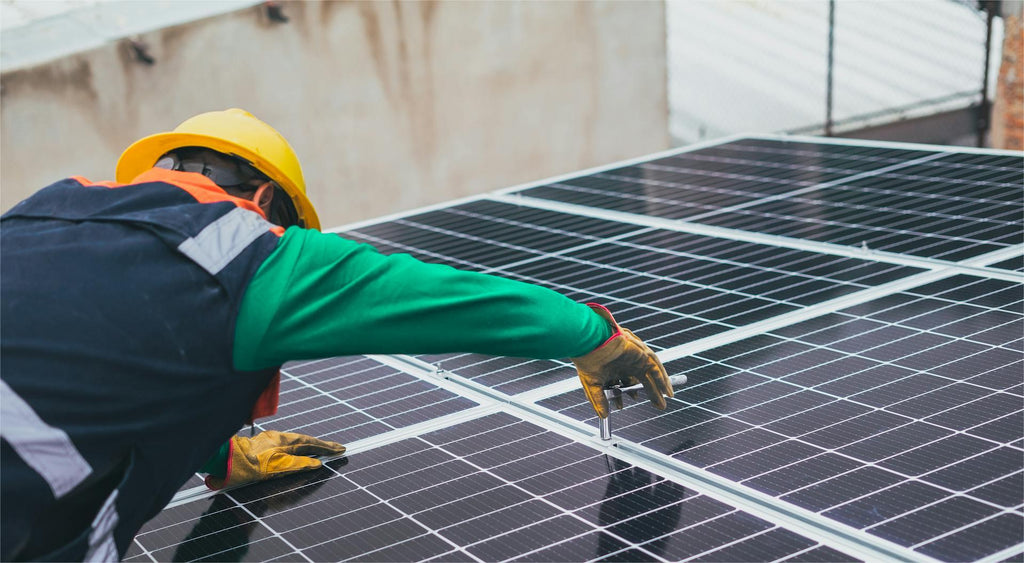Solar inverters play a pivotal role in converting the direct current (DC) generated by solar panels into alternating current (AC) for household use. To ensure that your solar inverter operates efficiently for years to come, it is essential to follow some best practices. Here are 10 crucial tips for solar inverter longevity that can help you maintain your system effectively.

1. Regular Cleaning
Dust and debris can accumulate on your solar inverter, affecting its performance. Regularly cleaning the inverter and surrounding area can prevent overheating and ensure optimal functionality. How often should you clean it? Ideally, every few months, or more frequently in dusty environments.
2. Monitor Temperature
Solar inverters are sensitive to temperature fluctuations. If the inverter operates in extreme heat or cold, it may not function properly. Installing the inverter in a shaded or temperature-controlled environment can significantly enhance its lifespan.
3. Check Connections
Loose or corroded connections can lead to inefficiencies and potential damage. Periodically inspect all electrical connections to ensure they are secure and free from corrosion. This simple step can prevent larger issues down the line.
4. Update Firmware
Manufacturers often release firmware updates to improve performance and security. Keeping your inverter's firmware up to date is crucial. Have you checked for updates recently? Regular updates can enhance functionality and fix bugs.
5. Ensure Proper Ventilation
Inverters generate heat during operation. Proper ventilation is essential to prevent overheating. Ensure that there is adequate space around the inverter for airflow. If the inverter is installed in a confined space, consider adding ventilation solutions.
6. Schedule Professional Inspections
While DIY maintenance is beneficial, professional inspections are equally important. A qualified technician can identify potential issues that may not be visible to the untrained eye. Scheduling an annual inspection can save you from costly repairs in the future.
7. Monitor Performance Regularly
Keeping an eye on your inverter's performance can help you catch issues early. Many modern inverters come with monitoring systems that allow you to track energy production. If you notice a significant drop in performance, it may be time to investigate further.
8. Protect from Weather Extremes
Extreme weather conditions can damage your solar inverter. If you live in an area prone to severe weather, consider installing protective enclosures. These can shield your inverter from rain, snow, and high winds, contributing to its longevity.
9. Use Quality Components
When installing or replacing parts of your solar system, always opt for high-quality components. Using inferior materials can lead to premature failure of the inverter. Investing in quality pays off in the long run.
10. Educate Yourself
Understanding how your solar inverter works can empower you to take better care of it. Familiarize yourself with the manufacturer's guidelines and maintenance recommendations. Knowledge is a powerful tool in ensuring the longevity of your solar inverter.
By following these 10 crucial tips for solar inverter longevity, you can significantly enhance the performance and lifespan of your solar energy system. For more detailed information on solar inverter maintenance, visit this comprehensive guide.





